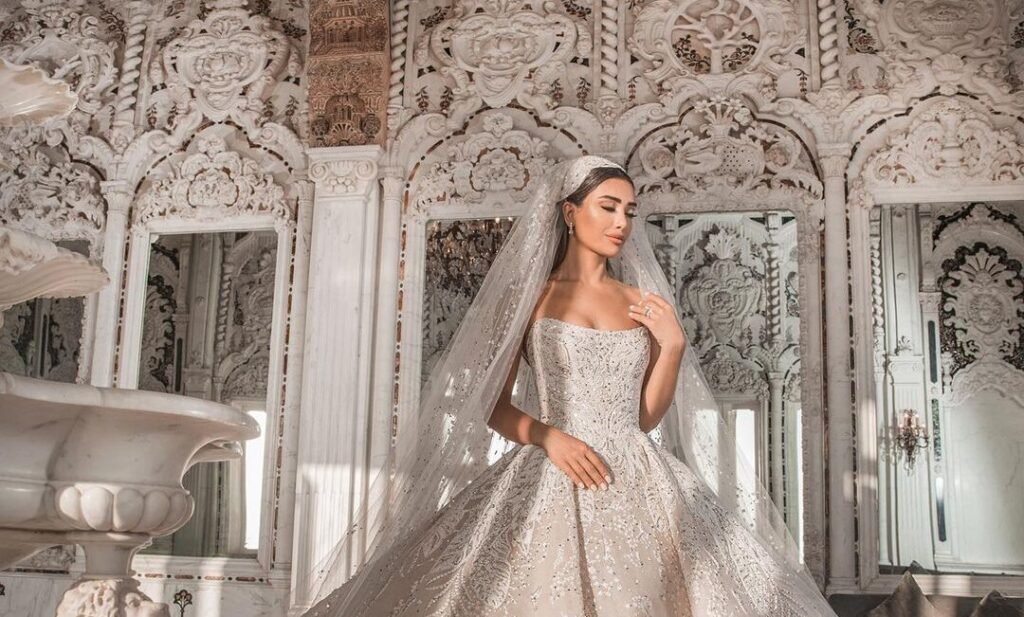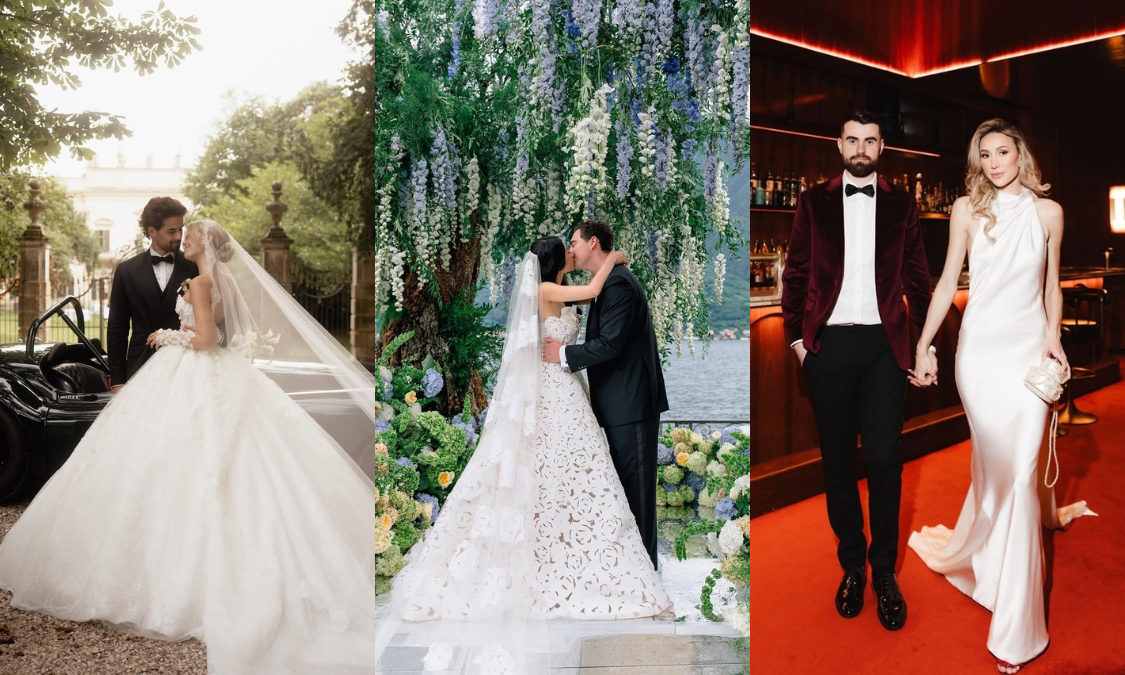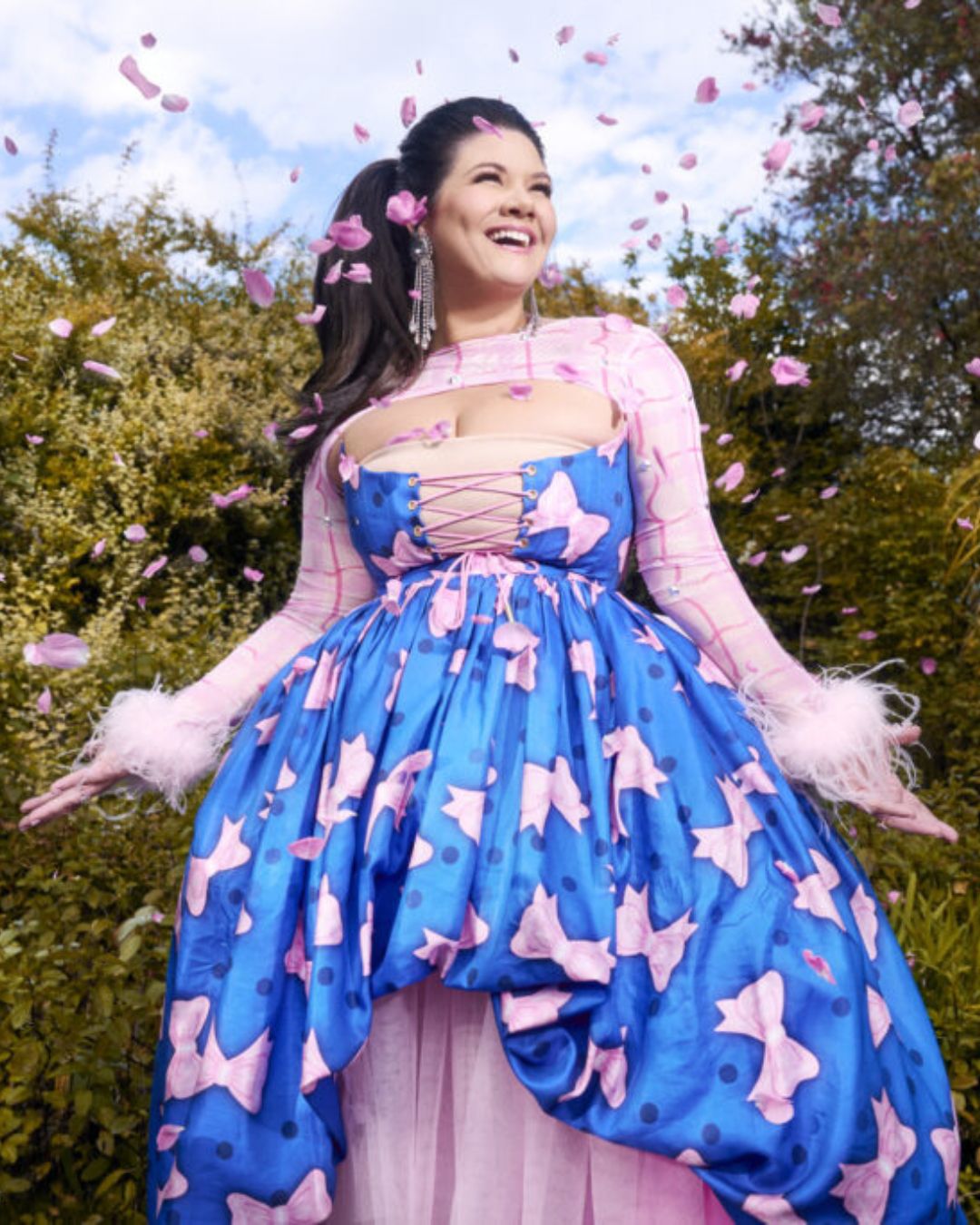Lelelelelele love should always be celebrated and there’s nothing like a Lebanese wedding to celebrate love in a truly grand fashion. From the rich cultural traditions to the lavish celebrations, a Lebanese wedding is a one-of-a-kind event that will leave a lasting impression on everyone involved.
In this guide, we will delve into the intricate details of planning a Lebanese wedding, including the customs and traditions that make it special, the key elements that make it unforgettable, and the best music and songs to keep the party going all night long.
We’ll also share tips on how to make a grand entrance at the reception and master the traditional Lebanese dance moves that will make your wedding stand out from the rest. So, let’s get started on planning your dream Lebanese wedding that will be talked about for years to come.
Customs and cultural traditions
Lebanese weddings are known for their extravagant celebrations, and they often involve multiple events leading up to the wedding day itself.
- Wedding dress: The bride’s wedding dress is another important aspect of Lebanese weddings. Traditional Lebanese wedding dresses are stunningly beautiful and often heavily embellished with beads and embroidery. These dresses are designed to make the bride look and feel like a princess on her special day.
- Church or Mosque wedding: The ceremony itself typically takes place in a church or mosque and is conducted by a priest or religious leader. This is a solemn and meaningful part of the wedding and is an opportunity for the couple to exchange their vows and commit to each other for life.
- Throwing of rice: After the ceremony, it’s common for guests to throw rice or flower petals at the newlyweds as they exit the venue. This is a symbol of good luck and is believed to bring prosperity and happiness to the couple.
- Zaffe: The “zaffe” is one of the most important customs in Lebanese weddings. This is a traditional wedding procession that usually involves drumming, dancing, and the carrying of swords. The zaffe is a symbol of joy and celebration and is often performed by a group of professional dancers and musicians who are dressed in traditional Lebanese attire. It’s a spectacular sight to behold and is guaranteed to get everyone in the mood for a party.
- Towering cakes: Lebanese weddings are also famous for their towering wedding cakes. These cakes are usually multi-tiered and lavishly decorated with intricate designs and patterns. They are a symbol of abundance and are a highlight of the wedding reception.
- Fireworks: Another tradition that is often seen at Lebanese weddings is the use of fireworks. These colorful explosions light up the night sky and add to the festive atmosphere of the celebration. They are a symbol of joy and happiness and are a fitting way to end the night on a high note.
Celebrations and music
Lebanese weddings are renowned for their festive celebrations, which often include live music, dancing, and food. It’s common for the wedding reception to take place in a large hall or venue, and guests will often dance to traditional Lebanese music, such as “dabke,” which is a traditional line dance.
Popular music and songs at Lebanese weddings include “Zaffa Wedding Entrance Music,” “Ya Lel Ma Atwalak,” and “Aisha.” The music and dancing at Lebanese weddings are often lively and energetic, with guests often forming circles or lines and joining in the dancing.
Planning a Lebanese wedding involves incorporating rich cultural traditions and customs that have been passed down through generations. From the “zaffe” procession to the traditional Lebanese dress and the lively music and dancing, a Lebanese wedding is a celebration of love, family, and community. By understanding these traditions and customs, you can create an unforgettable event that reflects your heritage and celebrates your unique love story.
READ MORE: A Lebanese Wedding Fit for Royalty




